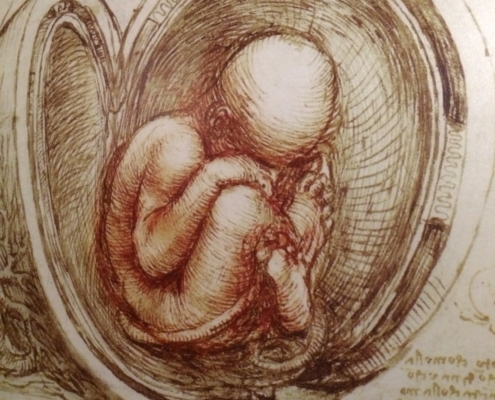
Approaches to improve creativity and innovation; ways to marry the intuitive and the cognitive
0 Comments
/
Talent hits a target that no one else can hit. Genius hits a target no one else can see. But it’s all too easy to think of any creative genius as resulting from humanity touched by divine lightning. All too easy, and not really that helpful to any of us as educators or learners. Our interest tends to be far more pragmatic...

How can teachers encourage student independence?
Don’t unconsciously prejudge outcomes or define the parameters of inquiry. Often it is only by letting our students off the lead that we find out what they are capable of achieving...
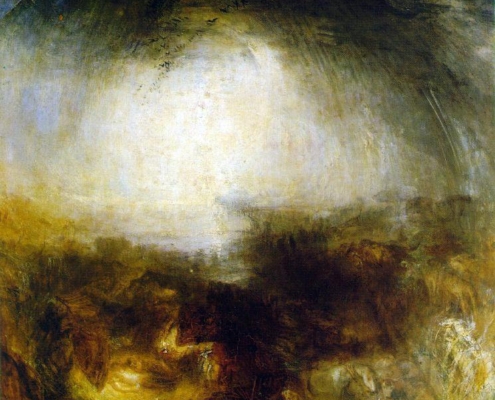
Great metaphors that illustrate significant approaches to innovation
Souriau believed that, ’To invent you must think aside.’ When the situation is blocked, straight thinking must be superseded by the search for flashes of adjacent possibilities which will unblock it. Metaphors serve to enlighten us on how to see the world, by offering us the chance to think about ideas in different ways. They offer a number of insights into how we can all think slightly more ‘askew'.
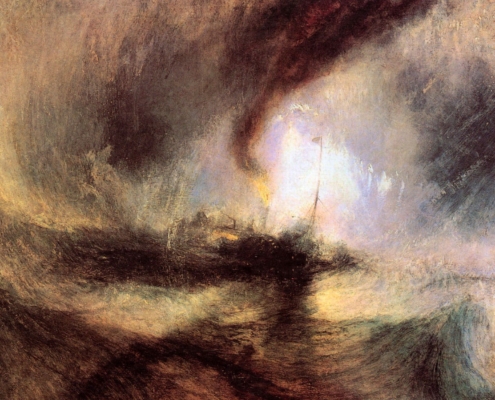
Do certain transformational metaphors illustrate some key approaches to creativity?
This article will explore the nature of metaphor and how it encapsulates the heart of the imaginative process. It will also show how we can make the cognitive leap ourselves and suggest how metaphors can be best used to initiate breakthroughs in our own thinking.
How do we come up with innovative ideas? The creative act does not create something out of nothing like in the Old Testament; it uncovers, selects, reshuffles, combines, synthesises already existing facts and ideas. Souriau believed that, ’To invent you must think aside.’ When the situation is blocked, straight thinking must be superseded by the search for flashes of adjacent possibilities which will unblock it. Metaphors offer a number of insights into how we can all think slightly more ‘askew'.
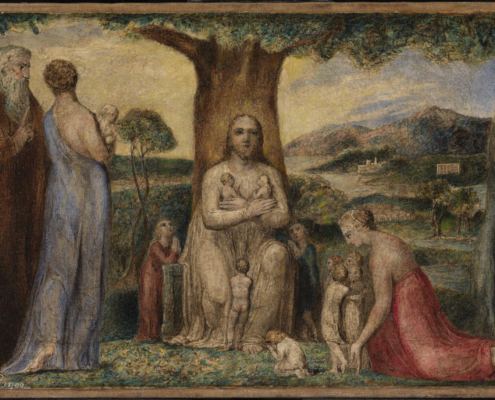
The ‘truancy’ approach embraces the wait
‘The ball I threw while playing in the park, has not…

Unfinished Perfection - Seven approaches to learning exemplified by Da Vinci
Divine lightning versus inventive approaches
It’s all too…
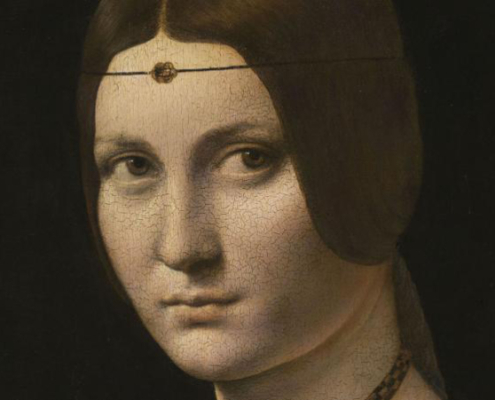
Interrogating reality - How we attend is key to learning
We need educational experiences that offer new perspectives, which are punctuated by shocks of awareness, that serve to engage our attention. To break up our familiarities. To wash away from our soul, in Picasso’s words, ‘the dust of everyday life.’
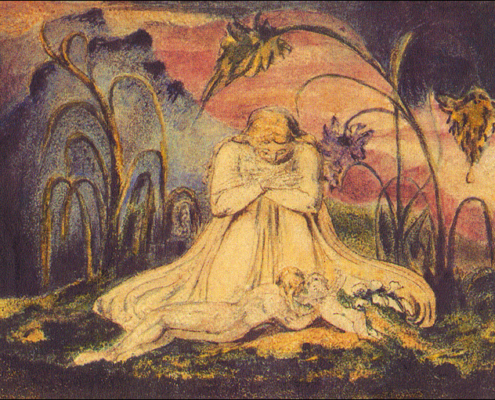
Reinventing English
Gradgrind’s long shadow seems to have found its way into a good number of classrooms disguised as ‘rigour’. It promotes a cowering use of language, not just in the shadow of Squeers and Gradgrind, but also in the shadow of the Classics, where it is treated as a dead language, idealized, codified, monolithic, written not spoken. The fact that language is creative as well as subject to formal structures seems to have been elbowed aside in favour of a tough backdoor ‘back to basics’ approach.

Twenty ways to nurture conscious ignorance and a beginner’s mind
What might Montaigne’s assertion that, ‘only fools make up their minds and are certain’ look like in a school classroom? What are the best ways to create the uncertainty that fuels learning? How do we develop learners that look to multiple academic disciplines and make connections between them? How can we set up classrooms that offer genuine surprise, complexity and independence?
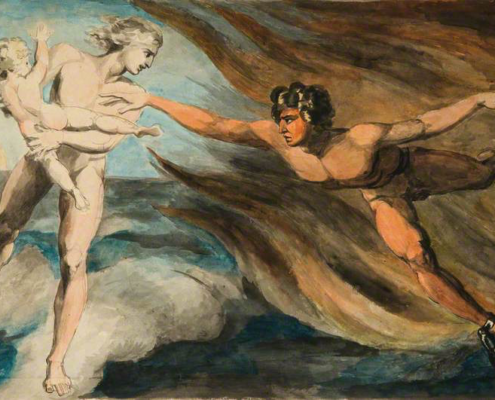
Trying on the world - The case for drama
The underlying purpose of drama is to be disruptive – to question, to unsettle. In classroom terms this simply means that the techniques of drama and dramatic texts are a powerful way to encourage learners to ask questions, challenge assumptions and, challenge complacent thinking. Drama does this through emotional and cognitive empathy, offering the possibility of catharsis, and through engaging with real and hypothetical situations and concepts that might underpin or inform texts and performance. Alan Bennett has said that there are moments in our collective pasts when ‘history rattles over the points’. Drama enables us all to hear that noise.
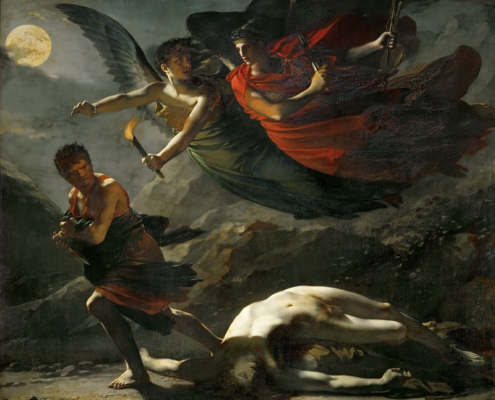
Some Key Threshold Concepts for English
Why is English as a subject, with its vigilant regard for language…

Maintaining academic momentum - The case for studying short stories
Hemingway’s iceberg theory is the clue. He compares an iceberg with the ways a writer leaves out information: ‘The dignity of movement of an iceberg is due to only one-eighth of it being above water’. In so many short stories, the reader is drawn to try and see those hidden seven-eighths – they are concealed and they are concealing. Finding the language to unravel these questions becomes the ‘hook’ for the reader. Whose voice do we hear when we read the story? Why does that voice think that what it has to say is important?
